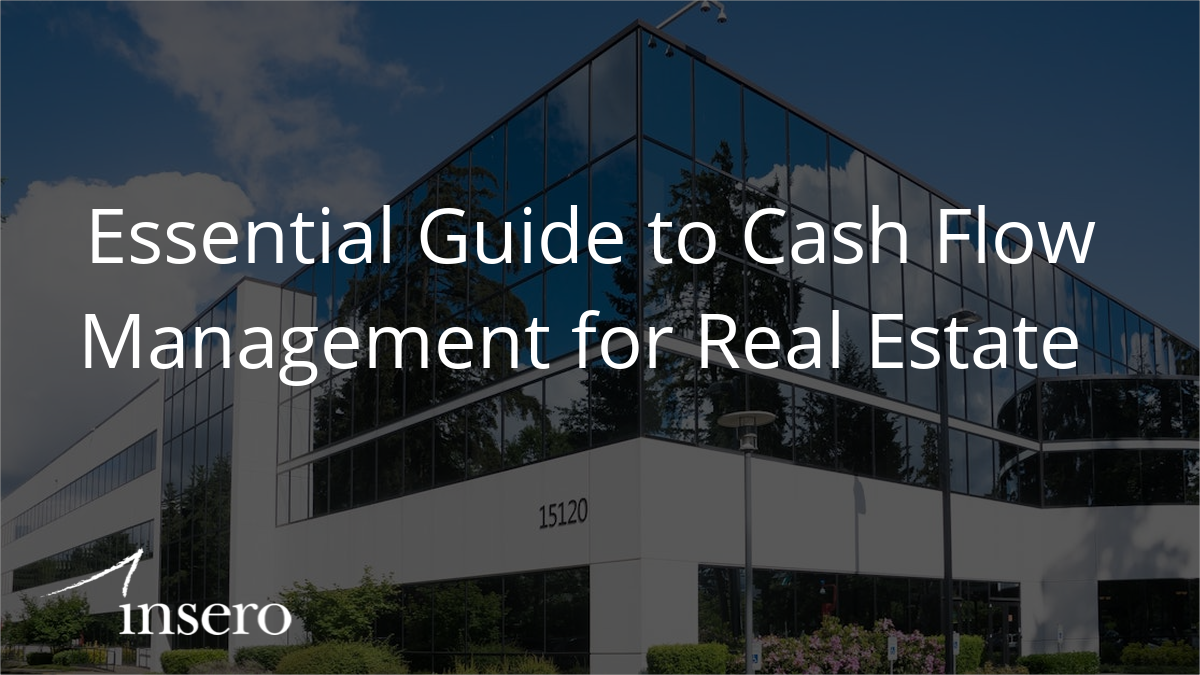The Challenge of Board Engagement
Just about every nonprofit understands the need for a motivated and engaged board of directors. So why doesn’t every nonprofit have one? Because it’s challenging to develop—and maintain—a healthy board.
The good news is that you can take a number of concrete steps to motivate both new and existing members of your board of directors, including these:
- Engage board members in the mission: Involve members in as many programs and activities as possible, so they can better understand and value the organization’s mission.
- Set high expectations: People rise to the level of expectations set for them, so set high expectations for new board members. Otherwise, you risk losing their attention.
- Set specific goals: By setting yearly financial goals, and revisiting them regularly, you can keep members on track.
- Use the latest technology: Provide board members with easy-to-read reports, marketing material, and other information to help them stay engaged and informed.
- Provide the right direction: Make sure the executive director manages the board but doesn’t lead it. If the ED is too directive, the board will not fully develop.
- Interview board members: Once a month, check in with each member. Are they pleased with their role? Have their needs or interests changed? Give them an opportunity to express themselves.
Conduct impactful board meetings
Another critical tool for building a better board is conducting impactful board meetings. Meetings set the tone for members, so plan them well, run them on time, and give members a chance to feel heard and valued.
To help board members appreciate the organization’s impact and mission, consider bringing in clients or program participants to speak or perform at meetings. You might also designate a subcommittee or person to monitor the dynamics of the group during meetings to identify issues and tensions, such as who is talking too much, who needs to talk more, and how to involve everyone.

Don’t overlook the small things
When it comes to building a successful board, details matter. Along with all the steps mentioned above, pay attention to other seemingly small things that can make a real difference:
- Collect personal information about board members (birthdays, anniversaries, etc.) and acknowledge them as part of building a trusting relationship.
- Provide training on fundraising and other important board roles. Even members with skills and experience in a particular area can benefit from further training.
- Create fun contests or other incentives to encourage board members to hit their fundraising and other goals.
- Be creative to help board members succeed. If, for instance, they’re not comfortable asking for donations, send them out with an experienced staff member.
Learn More
For more than four decades, Insero & Co. has served nonprofits of all sizes. Our experienced experts provide outsource accounting services, audit services, employee benefit plan audits, and other services to help organizations achieve their missions.




